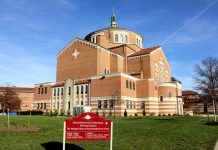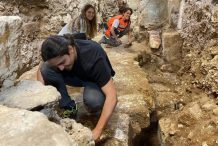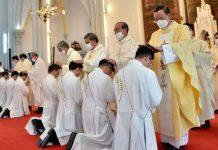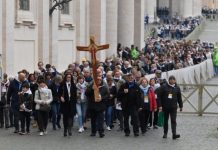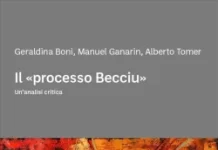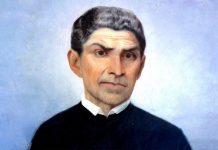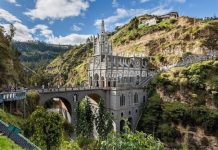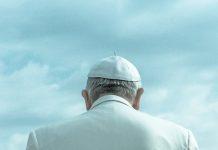In a move that has sparked widespread debate, Bp. Alberto Ortega Martín, the new Nuncio in Venezuela, presented his credentials to Nicolás Maduro at the Miraflores Palace. The encounter, occurring just fifteen days after chaotic elections, has been met with criticism and accusations of legitimizing Maduro’s regime amidst international disputes over the election results. The Church insists this is merely a protocol gesture, not an endorsement.
Tags: #Venezuela #Maduro #Nuncio #ElectionControversy #ChurchAndPolitics #InternationalRelations
Editorial Staff (08/16/2024 4:51 PM, Gaudium Press) On the eve of new protests against the recognition of Maduro as president of Venezuela, which took place in more than 300 cities around the world on Saturday, August 17, social media is full of criticisms regarding the event that occurred in Caracas on the 14th. Bp. Alberto Ortega Martín, the new Nuncio in Venezuela, presented his credentials at the Miraflores Palace, fifteen days after the elections that plunged the country into chaos.
Many claim that the act of presenting credentials does not mean that the Church recognizes Maduro’s supposed victory.
For example, the media outlet of the Archdiocese of Madrid, Alfa y Omega, highlights that “the bishop of Madrid fulfilled this protocol gesture, despite doubts about the election results” and then quotes the words of Bp. Jesús González de Zárate, president of the Venezuelan episcopate: “the relationship between the government of Venezuela and the Church is distant.”
However, there are numerous criticisms of this gesture, described as a way to legitimize the regime, especially at a time when several nations not only question the results released by the country’s electoral body, but some have already recognized the opposition candidate as president.
Furthermore, Venezuelan cardinals Diego Padrón and Baltazar shared their written reflections, in which they expressed the desire to be closer to “our suffering and scorned people” and that “all barriers that could give legitimacy to the regime have been surpassed.”
Compiled by Gustavo Kralj



